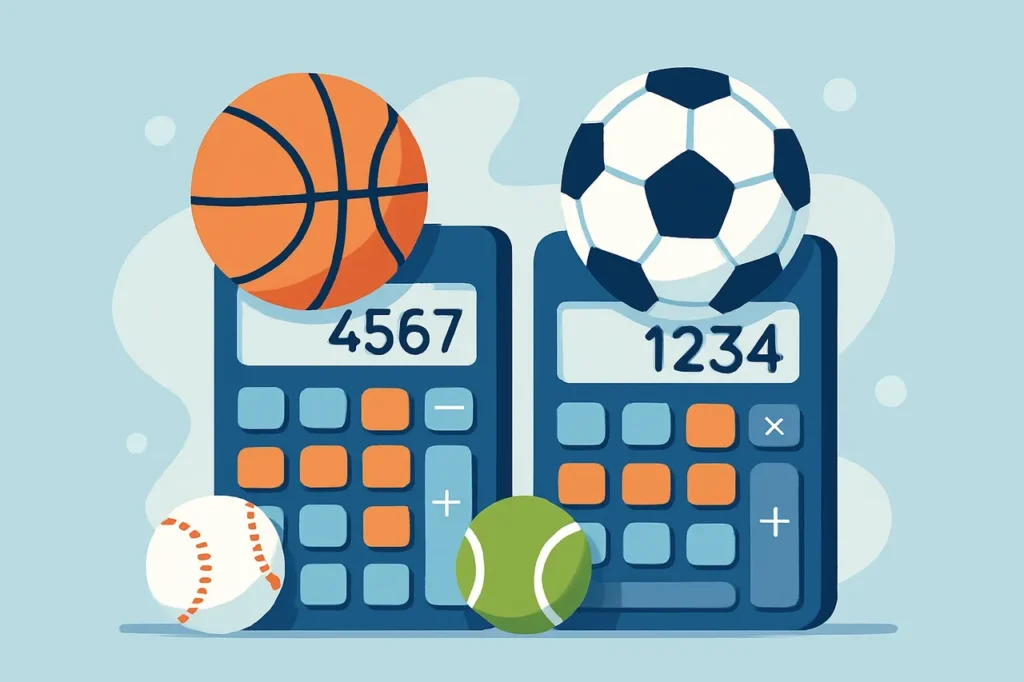
How To Be A Great Developer
There’s a difference between writing code and being a developer—and an even greater one between being a developer and being a great one.
Great developers aren’t defined by how many languages they know or how fast they can debug. They’re defined by how they think, how they collaborate, and how they handle the work when no one’s watching. Being great isn’t about perfection—it’s about consistency, curiosity, empathy, and the ability to turn complexity into clarity.
This article isn’t about the latest framework or the hottest trend. It’s about timeless traits and habits that separate the good from the great—and how you can start building them today.
Master the Fundamentals
Before diving into frameworks, fancy tooling, or cutting-edge trends, a great developer knows where real confidence comes from: the fundamentals.
Understanding how things work under the hood—not just how to plug them in—is what sets you apart. Know your data structures. Understand time and space complexity. Get comfortable with memory management, concurrency basics, and how the web actually works.
It’s tempting to jump into shiny tools that promise speed and simplicity. But without a strong foundation, you’re just building on sand. When things break—and they will—you won’t know why, and worse, you won’t know how to fix it.
Great developers don’t just follow tutorials. They ask:
Why does this work? What happens when it doesn’t? How would I rebuild it from scratch?
Frameworks change. Syntax evolves. But principles?
They stay.
Write Code Like Someone Else Will Read It (Because They Will)
Code isn’t just for computers. It’s for people. And the best developers write code with clarity, not cleverness.
Anyone can write something that works. But can someone else understand it a month later? Can you understand it a week later?
Great developers:
- Name things with intention
- Keep functions small and focused
- Avoid unnecessary complexity
- Leave helpful comments when context matters
It’s not about showing how smart you are. It’s about showing how much you respect the next person reading your code — whether that’s your teammate, a junior dev, or future you at 2 AM during a hotfix.
Readable code saves time. It prevents bugs. And more than anything, it builds trust — within your team and in yourself.
Because in a real-world codebase, it’s not the genius one-liner that makes you great.
It’s the code that doesn’t need an explanation.
Communicate Clearly
You can be the best coder in the room, but if you can’t communicate your thinking, your impact will always be limited.
Great developers know how to:
- Ask thoughtful questions
- Explain technical ideas to non-technical people
- Speak up when something doesn’t make sense
- Give and receive feedback without ego
Whether you’re in a code review, sprint planning, or debugging a production issue — clarity wins. It makes collaboration easier, builds trust, and prevents costly misunderstandings.
And remember, communication isn’t just about talking. It’s also about listening — to your teammates, your users, and sometimes even to that little voice saying this doesn’t feel right.
Writing great code is important.
But being able to talk about it, document it, and defend it with empathy? That’s what elevates you.
Be Curious, Not Just Current
Keeping up with the latest tools and frameworks is part of the job — but what makes a developer great is not just staying current, it’s staying curious.
Great developers don’t chase trends for the sake of it. They ask:
Why is this tool gaining traction? What problem does it solve better? What trade-offs does it introduce?
They go beyond tutorials and look under the surface. They experiment. They break things. They explore unfamiliar tech not because they have to — but because they want to understand how it fits into the bigger picture.
Curiosity fuels growth. It’s what drives you to learn a new language just to see how its philosophy shapes code. It’s what pushes you to read code you didn’t write, explore open source, or revisit topics you thought you already knew.
The tech world moves fast — but curiosity keeps you adaptable, not just reactive.
Great developers don’t just know what’s new.
They seek to understand what matters — and why.
Take Ownership
A great developer doesn’t just write code — they take responsibility for it.
That means caring about the feature after it ships. It means testing, refactoring, documenting, and thinking ahead. It means noticing edge cases and asking hard questions before the user does.
Ownership shows up in moments like:
- Admitting when you broke something
- Volunteering to fix a bug you didn’t cause
- Saying “this isn’t ready yet” even when the deadline is close
- Raising a red flag instead of pushing through something that feels wrong
It’s not about control — it’s about accountability. About standing behind your work with pride and making sure it doesn’t just exist, but that it works well and supports the team.
You’re not just a coder in a sprint. You’re a stakeholder in the product. Great developers think like owners — because they know their work doesn’t end at commit.
It ends when the job is done right.
Give Back & Lift Others
Being great isn’t just about what you know — it’s about what you share.
Great developers don’t hoard knowledge. They offer help in code reviews, answer questions with patience, and take time to mentor juniors. They know that when the team grows, everyone wins.
You don’t have to be a senior to lead by example. Sharing a helpful article in a Slack thread, improving documentation, or pairing with someone struggling through a bug — these small actions make a big impact.
Giving back also keeps you sharp. Teaching forces clarity. Helping others teaches empathy. And growing together creates the kind of culture where great work happens naturally.
Because in the end, the strongest teams are built by people who raise each other up, not just level up alone.
Great developers build great software.
But the best ones? They build great developers too.
Know When to Push Back
Great developers don’t just follow instructions — they challenge assumptions when needed.
It’s easy to say yes to everything: the rushed deadline, the awkward feature request, the shortcut that skips tests. But being great means knowing when to ask:
Is this the right thing to do? Is this sustainable? Will this hurt us later?
Pushing back doesn’t mean being difficult. It means being invested enough to care about the long-term impact of your work. It means speaking up with respect and offering alternatives instead of silent compliance.
Product pressure is real. Business needs are urgent. But technical integrity matters. And great developers are the ones who can stand up thoughtfully, communicate risk, and lead others toward better outcomes.
Saying “no” when it counts — that’s not defiance.
That’s leadership.
Conclusion: It’s Not Just About Code
There’s no checklist for being a great developer. No certification. No job title that guarantees it.
Being great isn’t about knowing everything — it’s about caring deeply, growing constantly, and showing up with curiosity, courage, and humility. It’s about writing code that solves problems, sharing what you know, and being someone your team can rely on.
You don’t become great overnight. But every small, intentional choice — every clean commit, every honest conversation, every moment you choose learning over ego — takes you one step closer.
Write good code. Be kind. Stay curious.
That’s the path. And you’re already on it.








